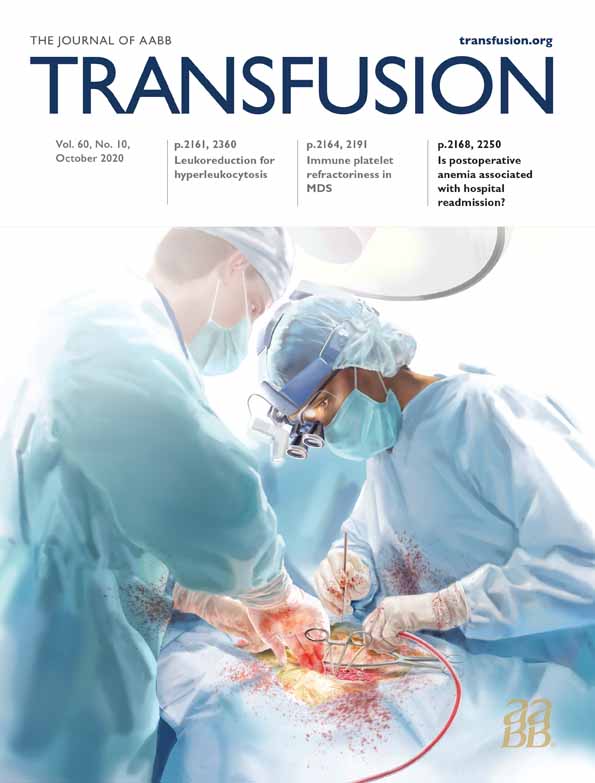Rethinking the need for a platelet transfusion threshold of 50 × 109/L for lumbar puncture in cancer patients
Abstract
Background
Lumbar puncture (LP) is a frequently performed diagnostic and therapeutic procedure in oncology patients. Transfusing to a minimum preprocedural platelet threshold of 50 × 109/L is widely upheld without good quality evidence. The objective was to compare the outcomes of LPs performed with platelets above and below this threshold. An increased risk of adverse events in patients with lower platelet counts was not expected. As a corollary, transfusion reaction rates incurred by transfusing to this recommended threshold are also reported.
Methods
A total of 2259 LPs performed on 1137 oncology patients (adult, n = 871, and pediatric, n = 266) were retrospectively analyzed between February 2011 and December 2017. The incidence of LP-related complications for groups above and below the minimum platelet threshold was compared. Traumatic tap was defined as 500 or more red blood cells per high-power field in the cerebral spinal fluid. Groups were compared using the 2-Proportion Z-test and Fisher exact test.
Results
At time of LP, the total number of events with platelets less than 50 × 109/L and 50 × 109/L or greater were 110 and 2149, respectively. There were no significant differences in LP-associated complications between patients with platelet counts above or below 50 × 109/L (P = .29). Patients with a pre-LP platelet count of less than 50 × 109/L had a higher proportion of traumatic taps (P < .001). Three patients developed transfusion-related adverse events.
Conclusion
Patients with platelet counts less than 50 × 109/L did not have a higher incidence of clinically significant post–lumbar puncture complications (P = .29).
CONFLICT OF INTEREST
The authors declare no conflicts of interest.




